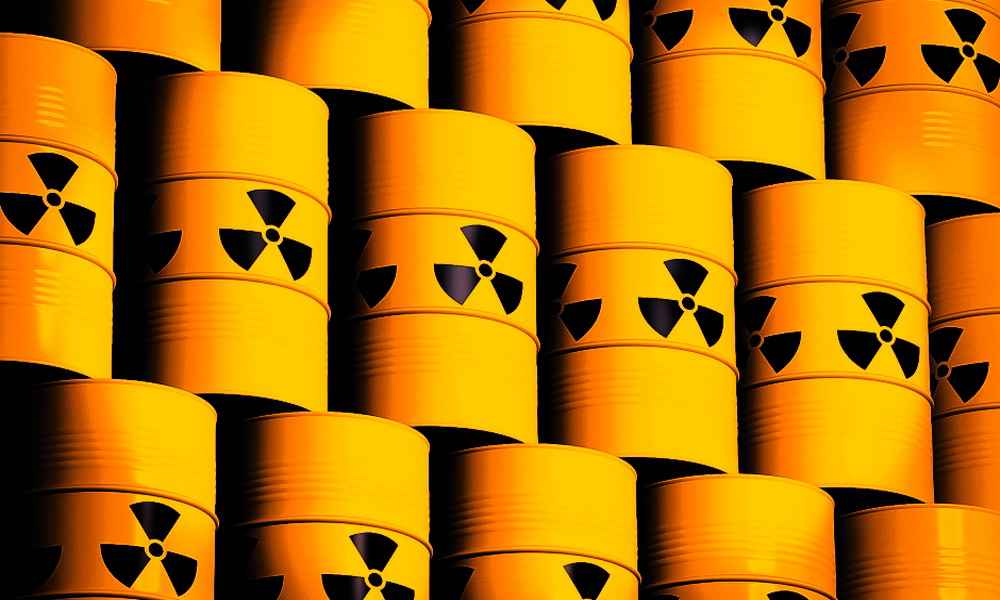
Working to discern patterns of environmental disinformation in an online world
For the past eight years, disinformation has dominated news around elections all over the world. Despite this, it is still a widely misunderstood con...
News

Publish date: June 29, 2018
Written by: Bellona
News
Environmentally significant information about radioactive waste should never be secret and concealing information about the disposition of this waste from those who live closest to it is unacceptable, said a joint statement from three Russian ecological non-profits.
The statement was issued last week by the group Radioactive Waste Safety, Greenpeace and Bellona.
In the 70 years since Russia began applying nuclear technology, millions of tons of radioactive waste have been accumulated. This poses a now and future threat for hundreds and thousands of years. The negligent or thoughtless handling of radioactive waste could lead to accidents and catastrophes, as well as environmental consequences that will impact future generations – all while we are still struggling with past nuclear accidents, such as the Kyshtym disaster at the Mayak Chemical Combine in 1957 to name just one
“We are convinced that information on the total quantity and condition of radioactive waste, as well as on projects and programs related to handling and disposal of radioactive waste is environmentally significant, and that it is the constitutional right of Russian citizens to have access to that information. This information affects the interests of people living near installations wirer radioactive wastes is handled and stored,” said the three groups.
“Recently, we and other environmental activists have been denied the provision of environmentally relevant information on the disposal of hazardous radioactive wastes, specifically relative to the practice of injecting liquid radioactive waste into deep geological formations in the Krasnoyarsk, Tomsk and Ulyanovsk Regions” said Alexander Kolotov, program director for Radioactive Waste Safety. “This practice is not permissible an leads to a deepening distrust between local residents and the nuclear industry.”
“As is well known, Russia’s state nuclear corporation Rosatom has a long list of information it considers commercial secrets and classified. This list compulsory across all divisions and subsidiaries of the company, said Alexander Nikitin of Bellona. “Therefore, Rosatom doesn’t permit one or another division within its ranks to disclose information when it is requested by the public.”
“We are certain that enterprises and organizations in Russia, which handle radioactive waste should maintain transparency with the public about the dangers of these activities and their possible impact on the environment and public health,” said Ivan Blokov, program director of Greenpeace.
“Ecologically significant information on radioactive waste should be included in the annual environmental reports of the relevant enterprises and organizations, and should be published on their official websites and be provided by them at the request of citizens and public organizations.”
In addition to presenting environmentally relevant information on radioactive waste, environmentalists call upon Russia’s nuclear waste disposition industries to to immediately inform the public and local residents about any significant incidents or accidents associated with hazardous radioactive waste.

For the past eight years, disinformation has dominated news around elections all over the world. Despite this, it is still a widely misunderstood con...

A ruling by the European Free Trade Association Court that Norway’s continental shelf falls under the European Economic Area Agreement could dramatic...

Bellona held a seminar on countering Russian disinformation in the Arctic at the Arctic Frontiers international conference in Norway

Our December Nuclear Digest, reported by Bellona’s Environmental Transparency Center, is out now. Here’s a quick taste of three nuclear issues arisin...